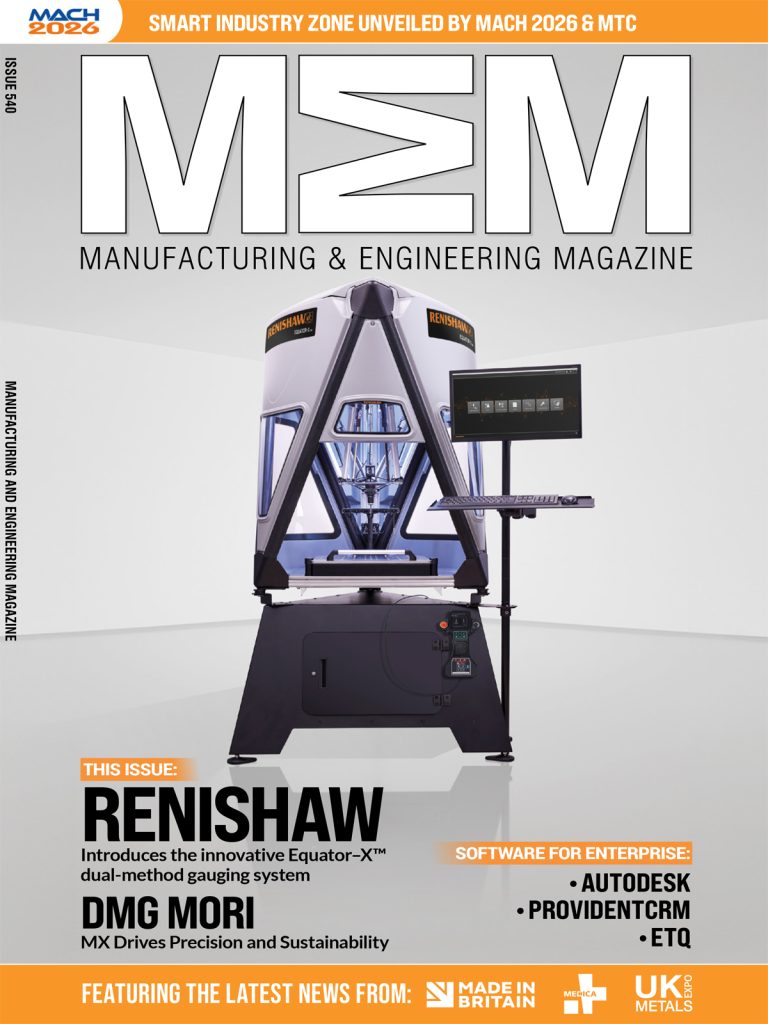Miller Heiman Group, the world leader in improving sales performance through training, consulting, technology and research, reveals in a report that manufacturing organisations must re-train sales teams to provide perspective and value, in addition to technical expertise, if they’re to survive the changing and volatile European landscape. The report includes a survey of 103 manufacturing sales leaders worldwide.
Manufacturing currently accounts for 15 percent of European GDP, but with €17 billion in funding earmarked for industrial leadership by the European Union’s Horizon 2020 programme, that number will likely jump as more companies incorporate advanced robotics, sensors and other advanced technologies. Given the investments that many countries plan to make, understanding the unique challenges that European manufacturers face will be key to supporting its current and future salesforce.
Top Challenges in Manufacturing Sales Performance
In the 2018-2019 Sales Performance Report, CSO Insights, a division of Miller Heiman Group, surveyed manufacturing sales leaders globally on what they viewed as the factors that needed major redesign or improvement for closing new business and managing existing accounts. It identified the following:
Top 5 Challenges for Closing Business
- Identify and gain access to all decision makers (72.2%)
- Conduct thorough needs analysis (71.2%)
- Build solid business case/ROI for solutions (68.0%)
- Develop and execute opportunity plan (68.0%)
- Provide perspective which helps customers advance thinking (62.0%)
Top 5 Challenges for Managing Existing Accounts
- Penetrate other business units within existing customers (72.2%)
- Generate referrals from existing customers (67.0%)
- Develop and execute account plans (65.7%)
- Create and maintain case studies and references (65.7%)
- Effectively cross-sell and upsell (56%)
The report also identified three main external challenges that are affecting European manufacturers’ ability to sell: Firstly, a globalised manufacturing market means greater sensitivity to geopolitical factors, causing even the most informed seller to be overwhelmed by issues such as Brexit.
Secondly, while not a new problem, without a thorough understanding of a customer’s end goals and priorities, sellers will find it nearly impossible to overcome price competition from lower-cost Asian manufacturers that they’ve battled for decades.
Thirdly, the high-quality standards required for the aerospace and defence sectors make them a natural fit for European manufacturers, however stakeholders are conservative and prioritise safety, meaning contracts take longer to negotiate and finalise.













